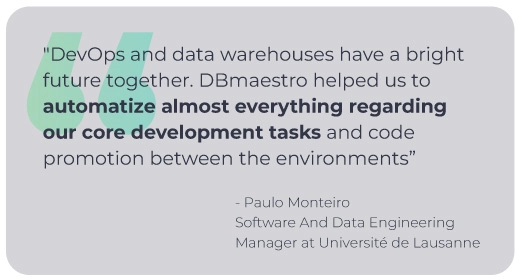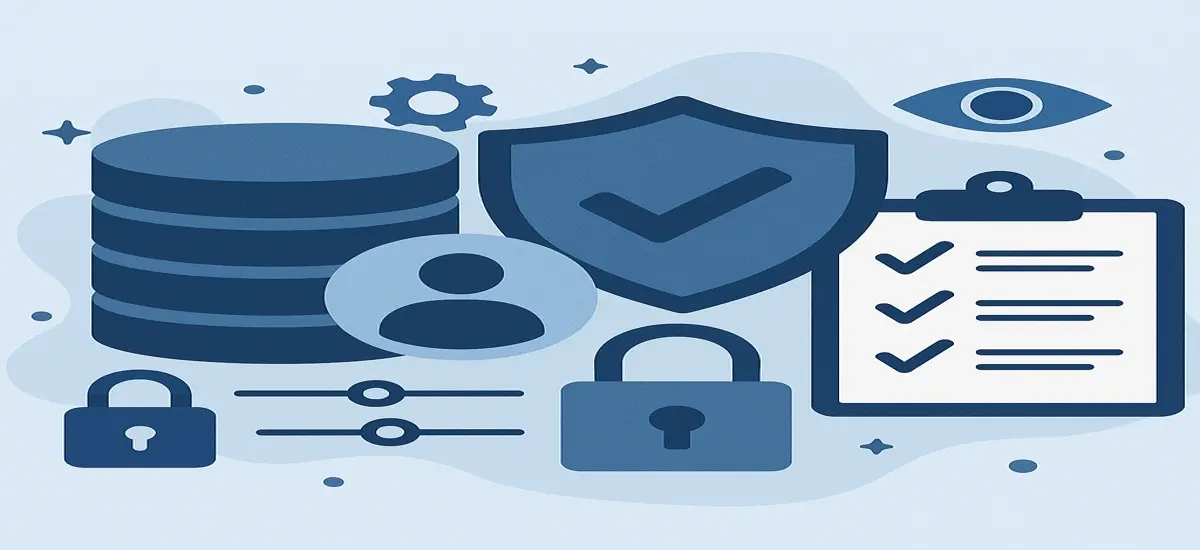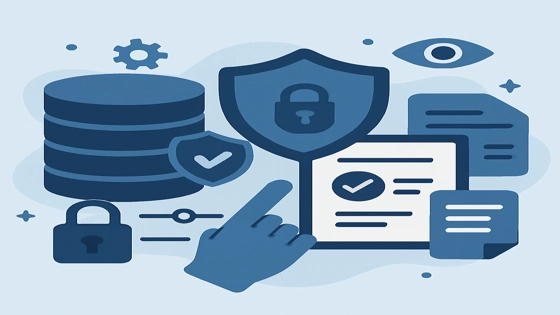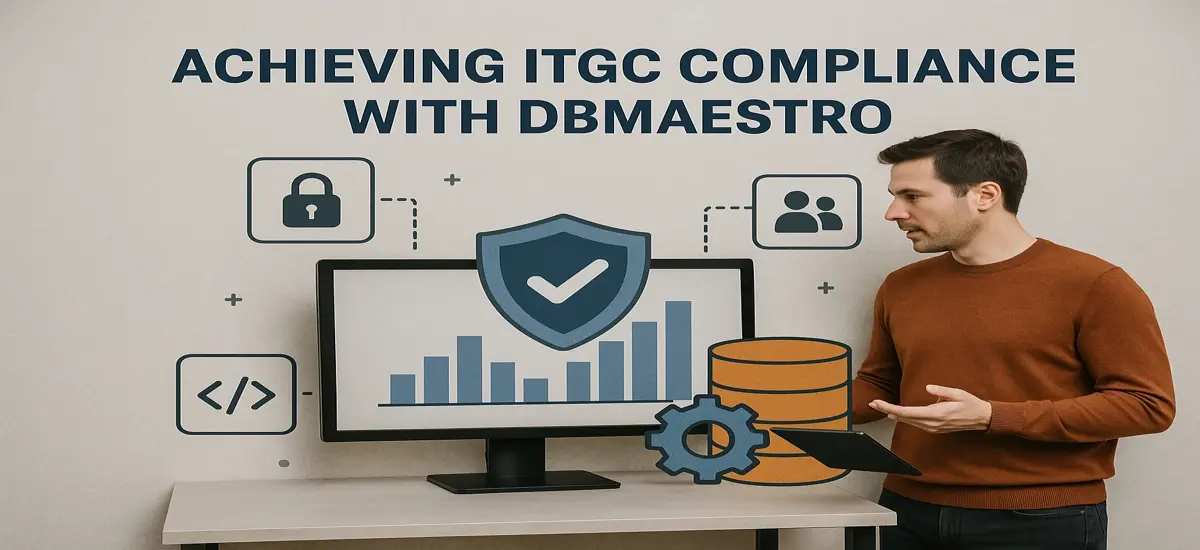In today’s data-driven world, maintaining database compliance standards is crucial for organizations to protect sensitive information, meet regulatory requirements, and build trust with customers. This article explores how Database DevOps practices can help organizations meet global compliance standards effectively and efficiently.
What Are Database Compliance Standards and Why Do They Matter?
Database compliance standards are sets of regulations and guidelines that govern how organizations handle, store, and protect sensitive data. These standards are critical for several reasons:
- Data Security: They ensure that proper security measures are in place to protect sensitive information from unauthorized access and breaches.
- Privacy Protection: Compliance standards safeguard individuals’ privacy rights by regulating how personal data is collected, used, and stored.
- Regulatory Compliance: Adhering to these standards helps organizations avoid legal penalties and reputational damage.
- Trust Building: Demonstrating compliance builds trust with customers, partners, and stakeholders.
Understanding Database Compliance Standards
Several key database compliance regulations exist globally, each with specific requirements:
- GDPR (General Data Protection Regulation): Protects EU citizens’ personal data and privacy.
- HIPAA (Health Insurance Portability and Accountability Act): Safeguards medical information in the United States.
- SOX (Sarbanes-Oxley Act): Ensures accurate financial reporting for public companies.
- PCI DSS (Payment Card Industry Data Security Standard): Protects credit card information.
- ISO 27001: Provides a framework for information security management systems.
The Challenges of Maintaining Compliance in Traditional Database Management
Traditional database management often faces several challenges in maintaining compliance:
- Manual Processes: Prone to human error and inconsistencies.
- Lack of Visibility: Difficulty in tracking changes and identifying potential compliance violations.
- Inconsistent Security Practices: Varying security measures across different environments.
- Slow Response to Changes: Inability to quickly adapt to new compliance requirements.
How Database DevOps Supports Compliance
Database DevOps principles and practices can significantly enhance an organization’s ability to meet and maintain compliance standards. Here’s how:
Automating Security Policies and Access Controls
DevOps automation ensures consistent application of security policies and access controls across all environments. This reduces the risk of human error and ensures that compliance requirements are consistently met.
Continuous Monitoring and Auditing
DevOps tools enable real-time monitoring of database activities, allowing for quick detection and response to potential compliance violations. Automated auditing processes provide a comprehensive trail of all database changes, simplifying compliance reporting.
Version Control and Change Management
Implementing version control for database schemas and configurations allows organizations to track changes over time, ensuring regulatory alignment and reducing compliance risks.
Best Practices for Implementing Database DevOps for Compliance
To effectively implement Database DevOps for compliance, consider the following best practices:
- Integrate compliance checks into your CI/CD pipeline.
- Implement “compliance as code” to automate policy enforcement.
- Use role-based access control (RBAC) to manage database permissions.
- Regularly conduct automated security scans and vulnerability assessments.
Pro Tip: Implement a “shift-left” approach by incorporating compliance requirements early in the development process to catch and address issues before they reach production.

Establishing Compliance-First DevOps Workflows
Create workflows that prioritize compliance at every stage of the development lifecycle. This includes:
- Automated compliance checks during code reviews
- Compliance validation as part of the build and deployment processes
- Regular compliance audits integrated into the DevOps cycle
Leveraging Database Compliance Automation Tools
Utilize specialized tools to enhance compliance efforts:
- Policy-based enforcement tools to automatically apply compliance rules
- Compliance scanners to detect and report on potential violations
- Configuration management tools to ensure consistent, compliant setups across environments
Compliance Metrics and KPIs to Track in Database DevOps
To measure the effectiveness of your compliance efforts, track these key performance indicators:
- Time to remediate compliance issues
- Number of compliance violations detected in production
- Percentage of automated vs. manual compliance checks
- Compliance audit pass rate
- Mean time between compliance failures
Key Takeaways
- Database DevOps practices significantly enhance an organization’s ability to meet global compliance standards.
- Automation, continuous monitoring, and version control are crucial DevOps elements that support compliance efforts.
- Implementing compliance-first workflows and leveraging specialized tools can greatly improve compliance outcomes.
- Regularly tracking compliance metrics helps organizations continuously improve their compliance posture.
 Conclusion
Conclusion
Database DevOps offers a powerful approach to meeting and maintaining global compliance standards. By integrating compliance considerations into every stage of the database development and management lifecycle, organizations can significantly reduce risks, improve security, and ensure consistent adherence to regulatory requirements.
As compliance standards continue to evolve and become more stringent, adopting Database DevOps practices will become increasingly crucial for organizations looking to stay ahead of regulatory challenges while maintaining agility and efficiency in their database operations.
Ready to enhance your database compliance efforts with DevOps? DBmaestro offers comprehensive solutions to help you automate and streamline your database DevOps processes while ensuring compliance with global standards. Contact us today to learn how we can help you achieve both agility and compliance in your database management.





